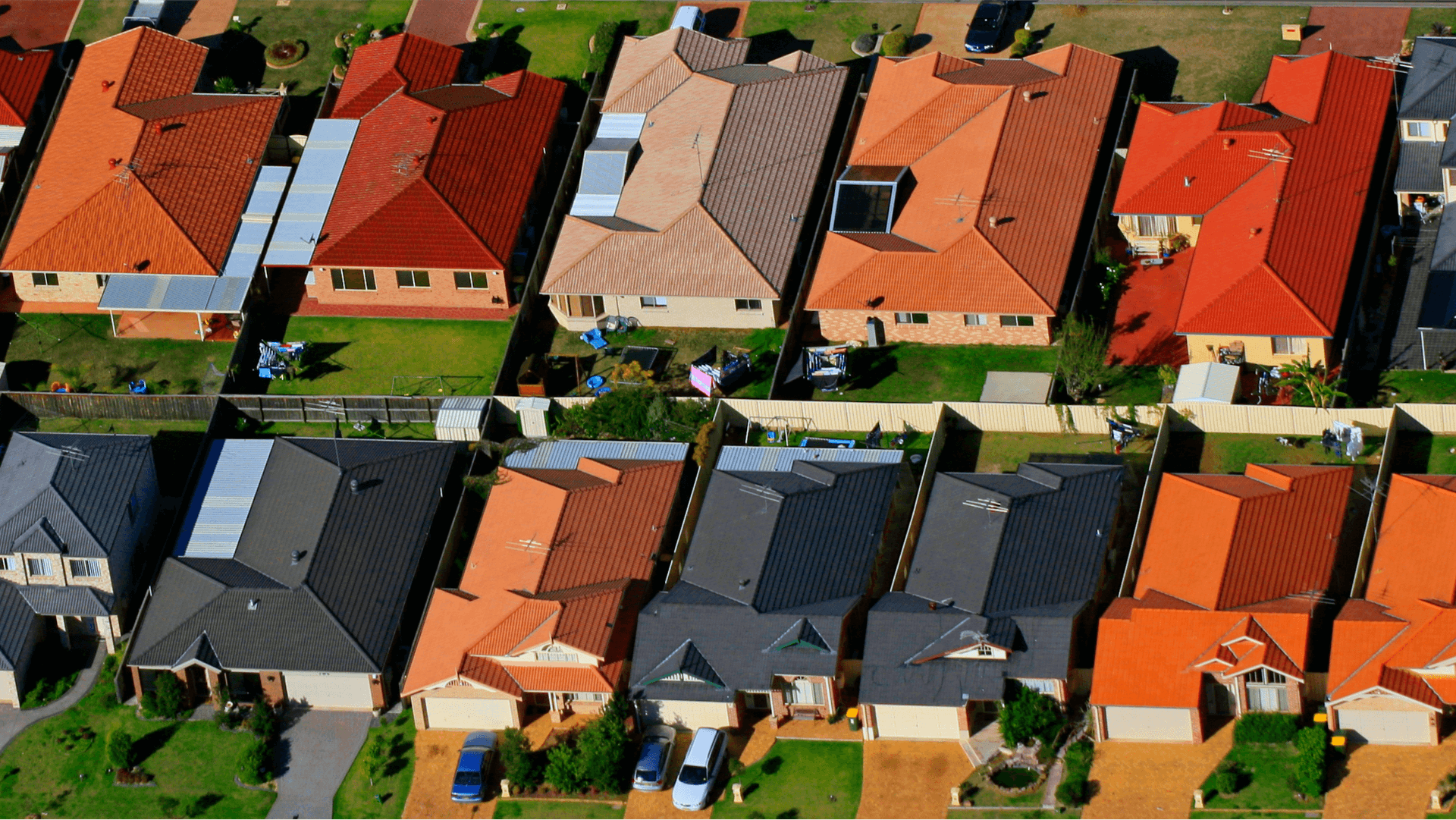The housing market is out of control in many areas of the country, with record-high home prices and record-low inventories. Prices had been steadily increasing since 2012, but they’ve accelerated since the onset of the COVID-19 pandemic.
The rapid run-up in prices has led economists at the Federal Reserve Bank in Dallas to warn that the housing market could be in the midst of a bubble. Similar to the runup to the 2007 recession, housing prices since 2020 have risen faster than you’d expect based on measures of income, rent, and interest rates.
Could it be a sign of a bubble? And, if it bursts, can we expect the fallout to be as bad as it was the last time this happened?
Signs of a housing bubble: Is the patient running a fever?
The Dallas Fed diagnosed the housing market using a measure called price-to-rent ratio, which compares the prices of houses to the “fundamental” value of housing based on how much you’d expect to earn if you rented a house out to tenants. This house-price-to-rent ratio also includes variables like disposable income per capita, housing rents, and long-term interest rates.
Compared to this benchmark, prices have soared above what you’d expect based on economic conditions since 2020. The Dallas Fed also observed that housing prices are similarly inflated compared to disposable income.
While it may be too early to say whether the housing market is in a bubble, these stats merit a close watch, says Enrique Martinez-Garcia, senior research economist and advisor for the Dallas Fed.
“Economic theory suggests one of the most prominent causes of such explosive behavior is the emergence of a bubble,” Martinez-Garcia says. “We can tell which periods have experienced exuberance, another word to refer to a likely episode of exploding house prices, the same way that we can tell a patient is running a fever — because we are able to compare the ‘heat’ of the market in a given period with the range of growth rates that would be expect in normal times.”
If there’s a bubble, when will it burst?
Sourav Batabyal, a professor of finance and economics at Coastal Carolina University, expects housing prices to cool in the near future. The pandemic-related factors that drove up demand (lots of apartment dwellers seeking more space) and prices (supply chain issues that kept more houses from being built) will eventually go away.
The low interest rates that have allowed buyers to get cheap mortgages are also going away. The average rate for a 30-year fixed-rate mortgage hit 5% in April, [1] and rates should continue to rise as the Federal Reserve tries to control inflation.
“House prices may still continue to increase, but they will increase at a slower rate,” Batabyal says.
While the last housing boom led to a spectacular bust, that doesn’t mean a similar collapse is in store this time.
“First, the banking and financial system are better positioned now and healthier,” Martinez-Garcia says. “The balance sheets of households are also in better shape.”
The housing crash of 2007-09 was driven in part by loose mortgage standards, Batabyal says. Lenders have since become more strict about handing out mortgages, and as a result, mortgage payments make up a smaller percentage of disposable income for the country. [2]
Martinez-Garcia added that there are more resources dedicated to monitoring the housing market for signs of “housing market fever.” Because of this, lenders may become even more strict as these signs become more clear, and policymakers may be able to act sooner to cool down the market.
This scenario may already be unfolding. The Federal Reserve has signaled that it will raise interest rates multiple times over the rest of 2022. If the central bank corrals inflation without causing too much harm to the economy, the housing market can avoid a crash. But that’s a big if.
“Although a bust in housing does not appear likely with the evidence we have seen so far, it is not out of the realm of possibilities either,” Martinez-Garcia says.
He added that he would keep a close eye on how the market reacts to higher mortgage rates.
That could mean it’s a good idea to wait if you’re looking to buy your first house, Batabyal says. Housing prices could settle over the next few years if higher mortgage rates reduce demand and more houses get built. However, your financial situation and your living situation are ultimately the biggest determinants of whether you should sit tight.
Image: Cavan Images / Getty Images

